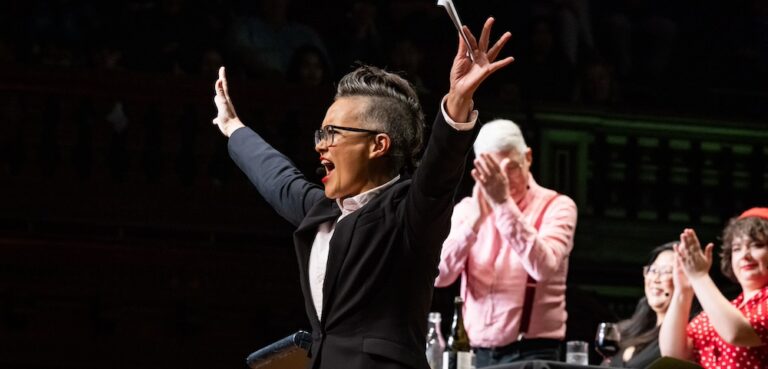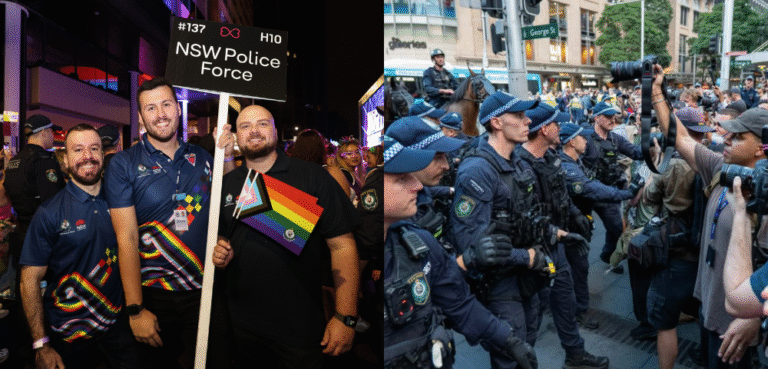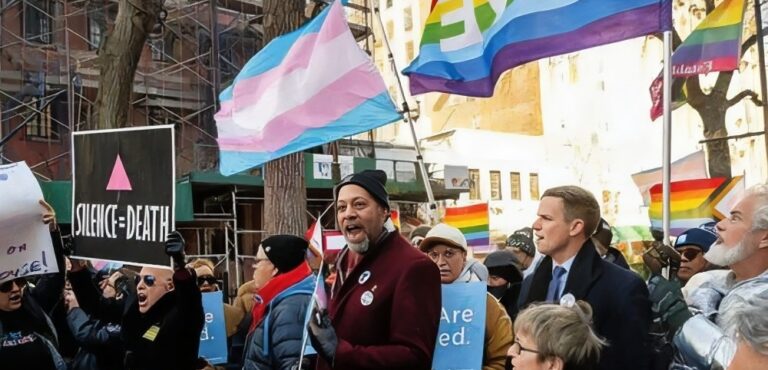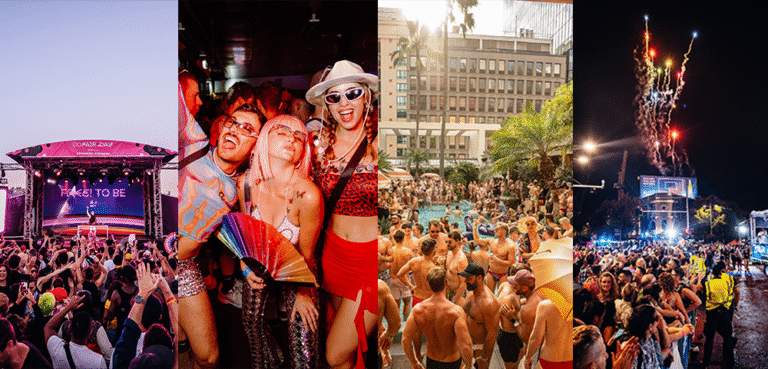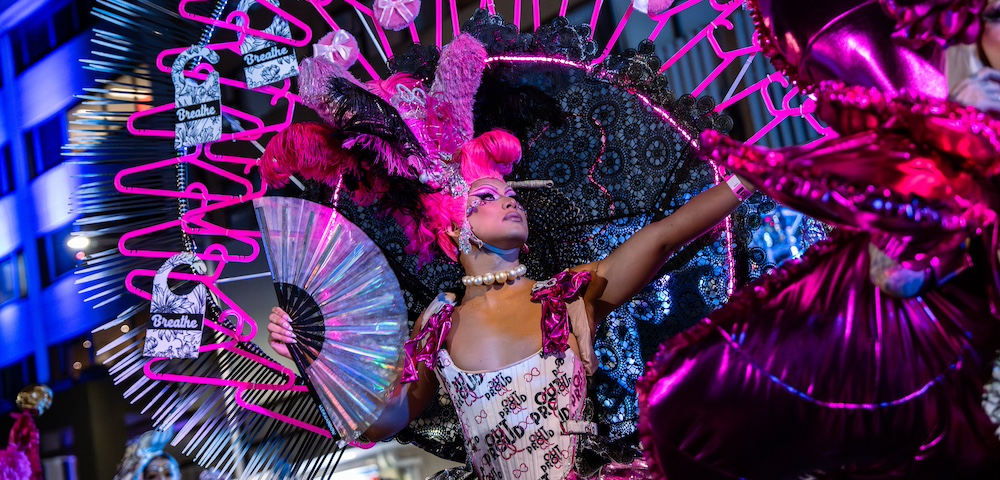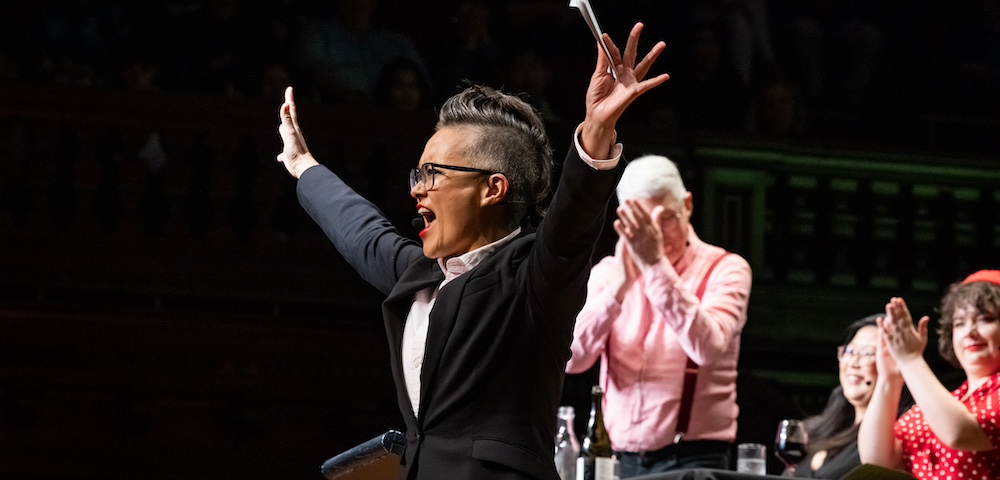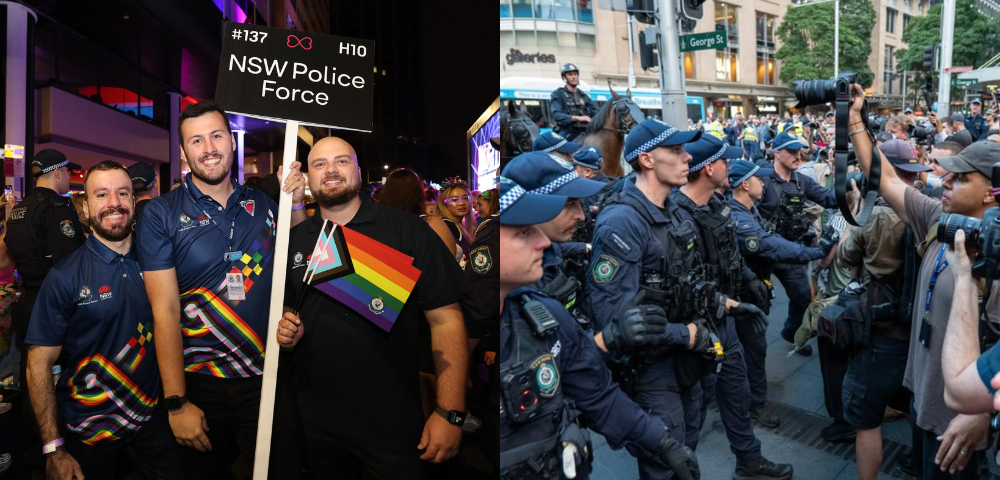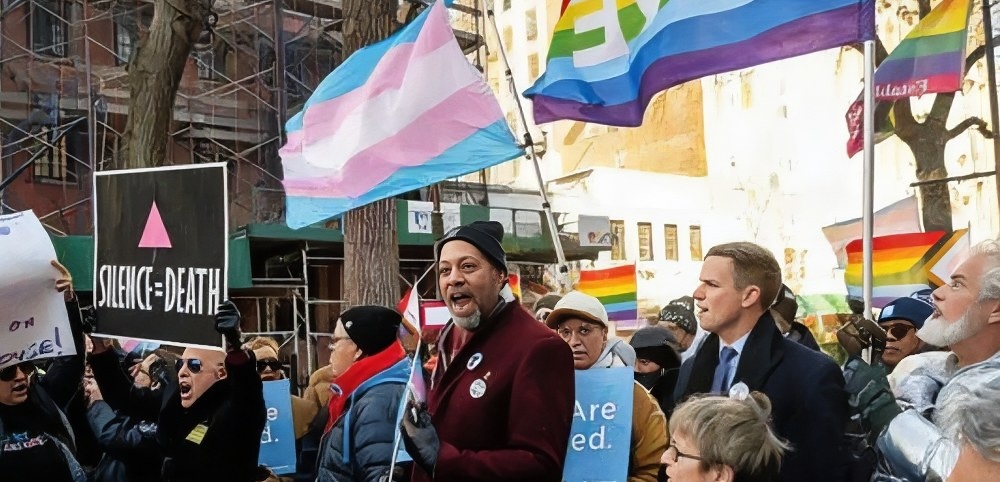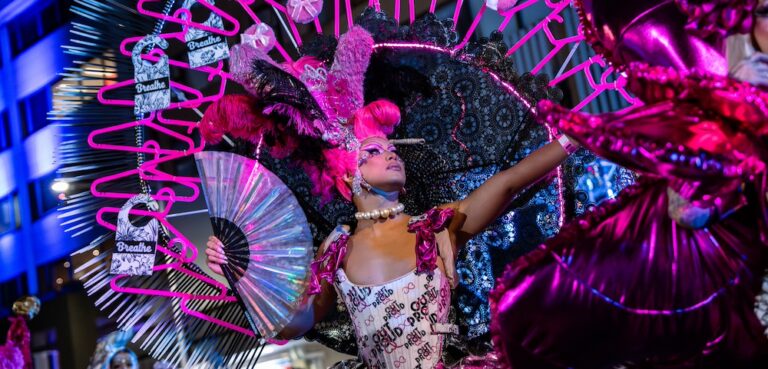
India’s pride is dawning
Fingers crossed, but the world’s second most populous nation may be on the brink of decriminalising homosexuality this month.
On Saturday, Pride marches were held across some of India’s largest cities including Kolkata, Bangalore and New Delhi.
Hundreds marched through their cities’ central business districts waving rainbow flags in police-approved parades to call for the repeal of India’s colonial era sodomy laws, known as Section 377, which are currently being challenged in the Indian High Court.
A verdict is expected any day with most expecting an outcome that will liberate India’s estimated 65 million GLBT people from the fear of police harassment and the prospect of a prison sentence for acting out their feelings.
Two years ago, led by the novelist Vikram Seth, over a hundred of India’s most prominent citizens, including high ranking politicians, journalists, lawyers, actors, musicians, and even an Indian Nobel laureate, called for the repealing of 377, sparking a conversation in Indian society that would not go away.
More recently, the tragic suicides of a number of lesbian couples who had been separated from each other and forced into arranged marriages gripped the public’s imagination and hammered home in many minds the unintended consequences of homophobia enshrined in law.
The girls had doused themselves with fuel and burned to death in each other’s arms -“ in which many saw uncomfortable parallels with the ancient and long outlawed practice of suttee, where Hindu wives would follow their husbands into death.
It’s been a long time coming, but Indian attitudes are definitely changing for the better.
While most still face rejection from families and discrimination in the workplace for being open about themselves, homosexuality is no longer the taboo topic it once was, with Indian celebrities lining up to talk about their gay friends in magazine articles and on national television.
And as India goes, so too does the region. Nepal, Bhutan and Sri Lanka will be likely to follow soon after. In an odd turn of events, Nepal already had its first openly gay politician elected to parliament earlier this year, and Sri Lanka’s anti-gay laws haven’t seen a conviction in close to 50 years.
That would leave Singapore and Burma as the only non-Muslim majority countries in Asia to still criminalise homosexuality.
Pretty soon it may be possible to drive all the way from Bangkok to London without having to hide the family photos or cross the Himalayas.
